Semrush SEO ToolsOne of Semrush's most used tools is its keyword research tool. Businesses may utilize Semrush to do in-depth keyword research to assist with website search engine optimization. This procedure entails picking keywords appropriate for their intended audience, researching search volume and competitiveness for each term, and picking similar keywords to incorporate into their content. In addition to keyword research, Semrush offers several other SEO tools to help businesses enhance their search engine rankings. For instance, the program might audit the website for operational and technological problems. Semrush may also keep track of a website's search engine positioning and offer suggestions on increasing its visibility in SERPs. 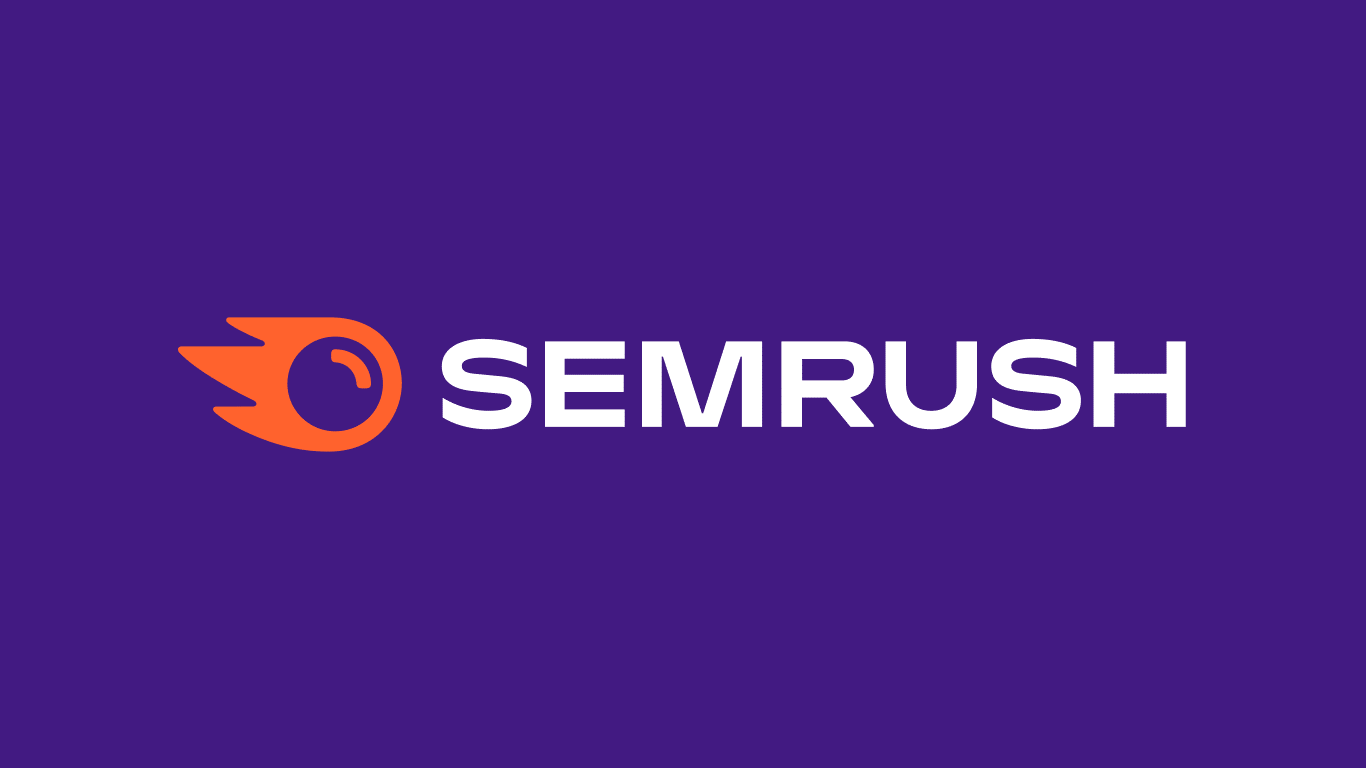
Additionally, Semrush offers solutions to help businesses with their content marketing campaigns. Businesses may use the tool to research the most popular topics and keywords in their industry and track the evolution of their content performance. Because of this, firms may enhance their results by modifying their content marketing approach as necessary. Another crucial aspect is Semrush's social media marketing skills. What is Semrush, and How Does it Work?Semrush evaluates how you stack against competitors and refine your data-driven keyword selections for Google ad campaigns and organic search results. Semrush is one of the most excellent tools for keyword research. You will gain knowledge about the keywords and results utilized by your rivals. Due to the substantial amount of data you receive, it will be much simpler for you to remain ahead of your competitors and stay current with trends. Semrush is used by some of the best online marketers in the world because of its wide variety of technical skills, but it is also great for beginners. Even for people without any SEO experience, Semrush makes SEO incredibly simple. Semrush helps users by providing a variety of information that may be used for:
Is Semrush a Free Tool?Semrush is a renowned SEO tool that provides a wide range of features to optimize websites for search engines. While Semrush offers several pricing plans to cater to different needs, there is often curiosity surrounding whether a free version is available. Understanding Semrush PricingSemrush offers various pricing plans to suit the diverse requirements of businesses and individuals. These plans include Pro, Guru, and Business, each with different features and limitations. However, it is essential to note that Semrush does not provide a free version of its platform. 1. Free Trial and Limited AccessAlthough Semrush does not offer a free version, it does provide a free trial that allows users to explore the platform's features and capabilities for a limited time. The free trial typically lasts seven days and provides users access to various tools and data. This trial period enables potential users to evaluate Semrush's functionality and determine if it aligns with their SEO and marketing objectives. Users can access keyword research, backlink analysis, competitive analysis, and more features during the free trial. However, it is essential to note that the free trial has certain limitations regarding data accessibility and usage. Users may need more access to advanced features and more access to historical data and specific metrics. 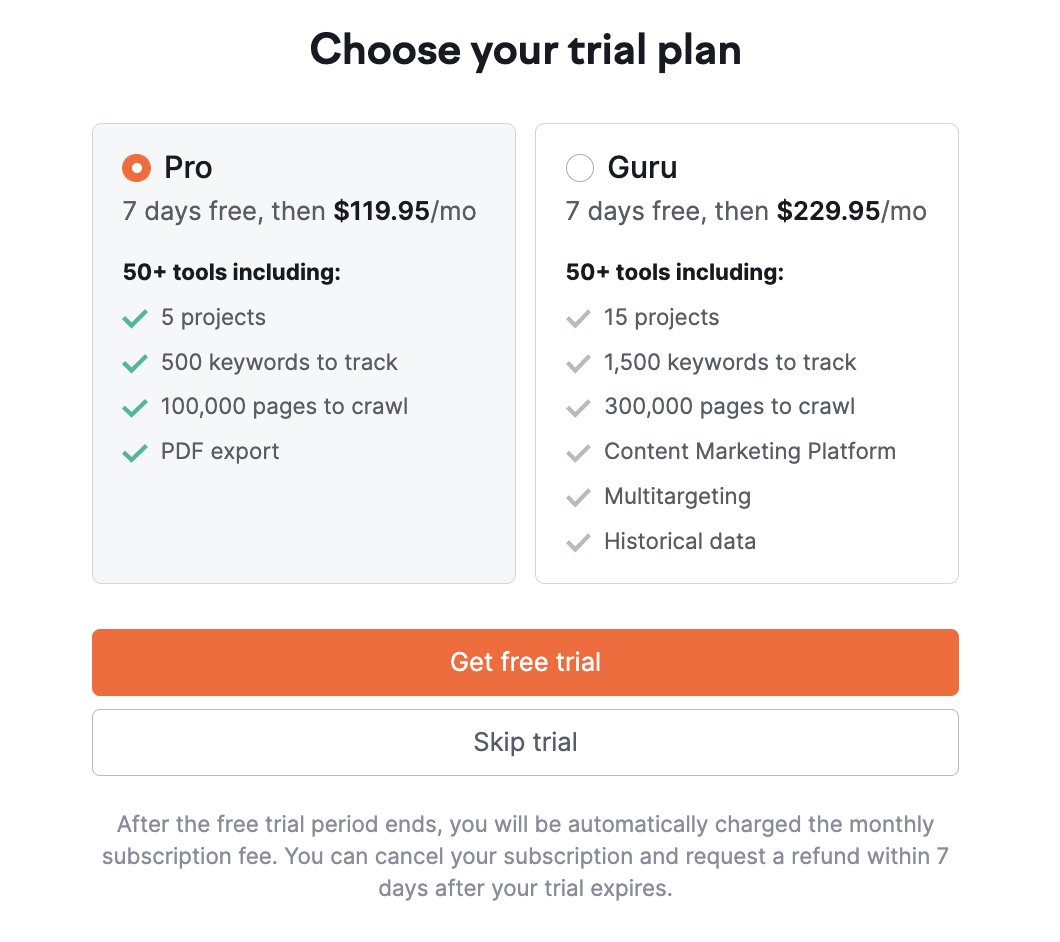
2. Paid Plans for Enhanced FeaturesTo unlock the full potential of Semrush, users can subscribe to one of the paid plans available. These plans provide access to a comprehensive suite of features, more extensive data, and additional functionalities that can significantly enhance SEO efforts. The Pro plan offers basic features, while the Guru and Business plan provides more advanced tools, increased limits, and additional user seats. By subscribing to a paid plan, users can access many features, such as in-depth competitor analysis, custom reporting, keyword tracking, content optimization recommendations, and more. The paid plans also offer more generous limits on data exports, project limits, and access to historical data, allowing users to conduct thorough research and analysis to optimize their SEO strategies effectively. Semrush's Most Effective Features for Increasing Your Search RankingsSemrush gives users access to hundreds of features, but picking the best ones might take a lot of work if you're still learning the software. We came up with a list of those that stand out as the most efficient for enhancing search ranking after consulting with some of the leading digital marketers in the industry and finishing our study. 1. Tracking PositionMost individuals concur that position tracking is Semrush's most potent function. It may be utilized to keep track of a website's daily rankings for chosen target keywords. You will gather the information required to evaluate the effectiveness of SEO and PPC campaigns using the various reports (tagging, sorting, filtering, exporting, etc.). 2. On-Page SEO CheckerSemrush's On-Page SEO Checker is a valuable tool that aids in website optimization for increased user experience and search engine exposure. This tool examines and enhances a website's on-page components, essential for rising search engine result page (SERP) ranks. Website owners and SEO specialists may quickly discover areas for improvement and execute efficient optimization techniques with the help of the On-Page SEO Checker. The tool examines the website's pages and offers thorough advice on optimizing several on-page components, such as meta tags, headers, text, photos, URLs, and more. Users may use the On-Page SEO Checker to ensure their website complies with best practices and search engine rules. They can use it to find problems like duplicate or missing meta tags, poorly optimized content, broken links, and sluggish page loads. The service also provides insights on keyword usage and optimization, which customers can use to successfully target pertinent search queries with their content. Additionally, the On-Page SEO Checker gives consumers a competitive edge by enabling them to assess how well-optimized their website is compared to leading rivals. Users may use this tool to assess their performance and identify areas where they can surpass their rivals. 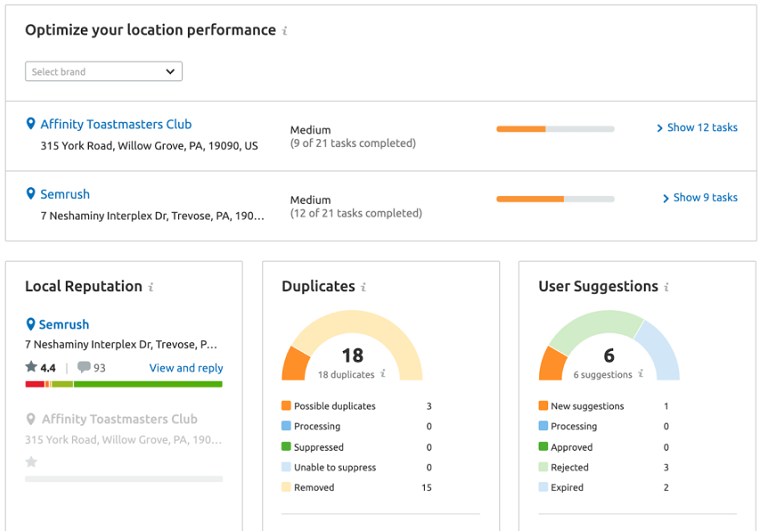
3. Analytics For Organic Traffic and SEO ContentUnderstanding organic traffic performance and optimizing SEO content relies heavily on analytics. Businesses may use analytics tools to improve their online presence by making data-driven choices and gaining insightful information about the efficacy of their SEO tactics. Monitoring organic traffic gives essential details about how many people visit a website via search engines. Thanks to analytics services like Google Analytics, businesses can monitor indicators like organic traffic, bounce rates, and average time spent on the site. This information aids in evaluating the overall effectiveness of organic traffic and locating potential improvement areas. Analytics also provides information about certain SEO content. Businesses can see which pages generate the most organic traffic, which keywords generate that traffic, and how people interact with the content by analyzing page-level data. With this data, current pages can be optimized, new chances for user-intent-aligned content creation can be found, and SEO content tactics may be improved. Analytics also enables companies to monitor the success of SEO strategies. Businesses may gauge the effect of organic traffic on their desired results by putting up objectives and conversions, such as form submissions or product purchases. These insights support efficient resource allocation and optimization of SEO efforts to achieve company goals. 4. Site AuditOne of the best methods to gauge the health of your website is to use Semrush's Site Audit tool. This feature lists categorized issues and shows where your website is underperforming. Your website's SEO effectiveness will rise if you address the issues on the list. Everything from crawl ability and HTTPS installation to duplicate content and broken links are included in the technical examination. 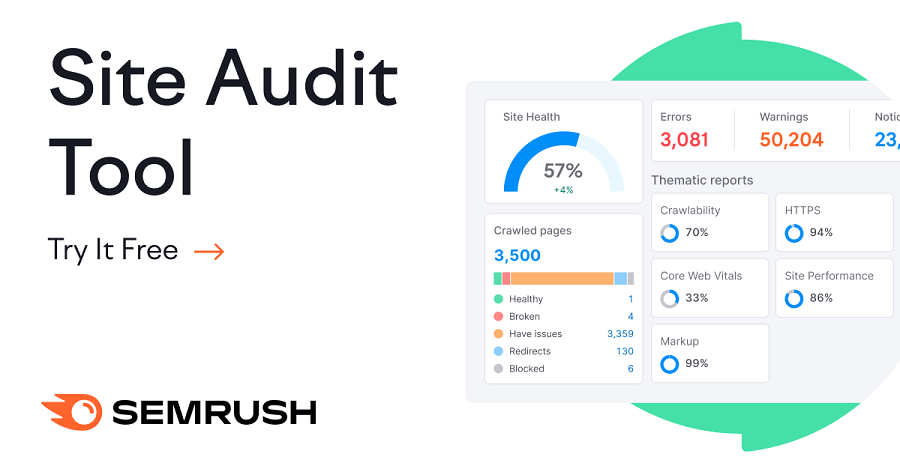
5. Magic Keyword ToolThe Keyword Magic Tool is the most popular Semrush keyword research tool. You may track semantically related keywords, examine niche topics, and find keywords that can improve the overall SEO of your website. Semrush, a service with a database of over 20 billion keywords, offers a comprehensive table with multiple subgroups sorted by related search terms. 6. Analysis of Keyword GapsUse Keyword Gap Analysis to examine your top five competitors' keyword profiles in-depth. The most significant prospects for each website, the number of keywords that overlap, the keywords on all five websites, and more may be seen by entering the domain and keyword ranking type. This information may be helpful when creating SEO strategies and campaigns since it helps you understand the specialized keywords currently trending. Knowing what your competitors are doing can help you prioritize your SEO efforts. Furthermore, this study will provide you with keywords exclusive to your domain, enabling you to spot keyword gaps in your competitors' ads. 7. Overview of KeywordsIn digital marketing and search engine optimization (SEO), keywords are crucial. They are expressions that capture the essence of a subject or piece of material. Users use keywords to discover relevant results when searching online information or product. Businesses may optimize their internet presence and draw in focused organic visitors by knowing and efficiently utilizing keywords. The identification of popular and pertinent keywords within a particular sector or niche is aided by thorough keyword research. These keywords help a website rank higher in search results and attract worthwhile organic visitors by being strategically included in the content, meta tags, and other page parts. 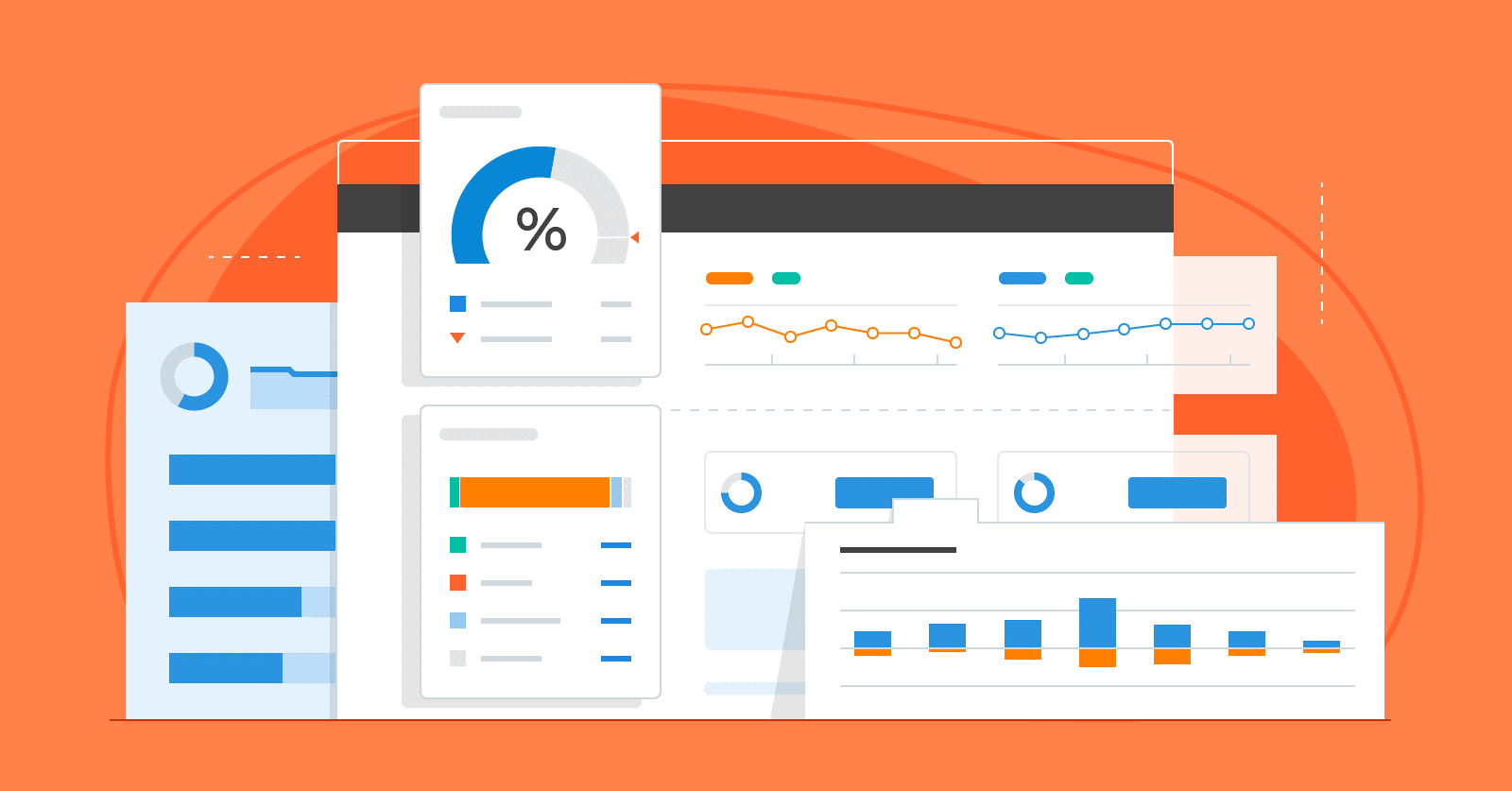
8. Keyword WarningDigital marketers used to manually check which keywords' rankings had risen or fallen over the preceding few weeks, which is time-consuming. The Keyword Alert service, which gives customers access to a cutting-edge alert system that keeps them informed of any changes to their rankings, was able to remedy this issue. Whenever a keyword ranking in your report changes, Semrush sends you an email to let you know. 9. Tags for KeywordsUse the keyword tagging tool to keep track of the growth statistics for your tag groups. This includes the voice share, average position, traffic projections, and visibility percentage. This function is excellent for figuring out how noticeable your tagged keywords are. This function is only available to Guru or Business Semrush memberships applicants. 10. Domain OverviewThis tool gives you the ability to quickly learn about the online presence of your website using a variety of overview metrics. Backlinks, paid and organic search traffic, and others will all be noticeable. 11. Traffic AnalyticsA thorough market research tool, the Traffic Analytics section calculates your website's desktop and mobile traffic. This tool may be used to assess the possibilities of a new market and create an effective media buying plan. Thanks to this tool, you can precisely observe where your traffic is coming from, how users interact with your website, and which devices they most commonly use. Traffic analytics may significantly impact sales teams, researchers, and expert marketers. 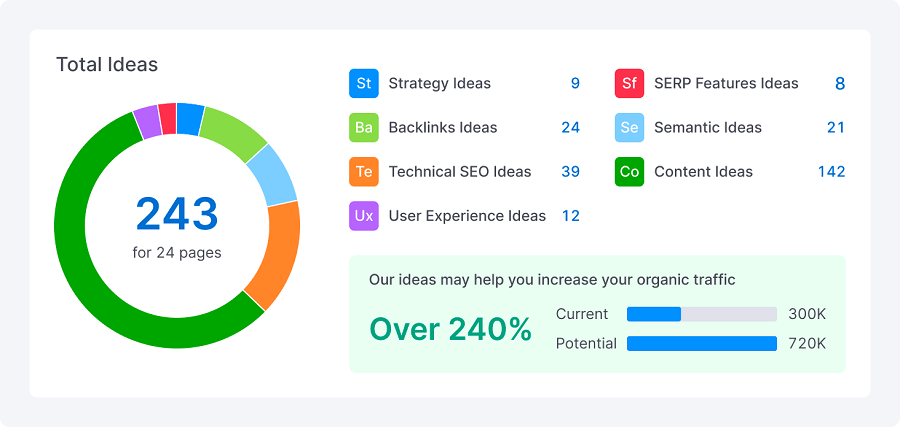
12. Link BuildingThe Link development tool is excellent for those seeking fresh opportunities for link development in their field. A cutting-edge interface will also be provided to you so you may create an outreach campaign to get backlinks. Four different tools are included in the feature, including:
13. Project DashboardIn the project dashboard, you may see a simplified version of all the essential data and details you generated using Semrush. Link any active projects to the dashboard to produce data widgets that will show the overall performance of your project. What is SEO?The two significant objectives of search engine optimization, or SEO for short, are the exposure and ranking of a website or web page in search engine results pages (SERPs). The main objective of SEO is to increase a website's organic traffic by placing the site higher in search engine rankings. Optimizing numerous website or web page aspects may become more search engine-friendly. This encompasses methods for improving a page's content, images, and HTML structure, as well as off-page optimization strategies like link building and social media marketing. Finding appropriate search keywords and phrases that potential clients could use to look for goods or services comparable to what a business offers is one of the essential elements of SEO. Businesses may improve their chances of appearing higher in relevant search results by using these keywords in the website's content and meta tags. Link building, which is obtaining high-quality inbound links from other websites, is another crucial component of SEO. This can improve the website's rating in search results by indicating to search engines that it is a reliable and authoritative source of information. SEO enhances a website's technical architecture and functionality, including site speed optimization, mobile friendliness, and Meta tag and URL optimization. These technological enhancements can increase a website's user experience, enhancing its search engine ranking. 
There are various advantages to SEO. Businesses may improve organic website traffic and enhance brand awareness, leads, and sales by enhancing a website's visibility and ranking in search results. Businesses may improve their reputation and attract more clients by using SEO to establish their authority and credibility within their sector. But because SEO is a complex and constantly changing area, achieving and retaining top search engine results takes perseverance and knowledge. Businesses serious about increasing their internet presence and organic traffic must consider hiring a skilled SEO expert or firm. How Does SEO Function?Although it is feasible to boost results, more than complete control over search engines is needed. Businesses often want the quickest route to optimal outcomes with the least labor, yet SEO takes time and effort. There needs to be an SEO tactic that can be changed now and is expected to work tomorrow. Long-term SEO campaigns require ongoing work. Bots for search engines crawl every website page, capture the data, and store it in an index collection. When someone searches this index, which resembles a library, the search engine serves as the librarian. The search engine collects information from the search query, pulls information pertinent to the user's search, and displays that information. What Metrics are Used by Search Engine Optimization Algorithms?
Next TopicSemrush Traffic Analytics
|
 For Videos Join Our Youtube Channel: Join Now
For Videos Join Our Youtube Channel: Join Now
Feedback
- Send your Feedback to [email protected]
Help Others, Please Share










